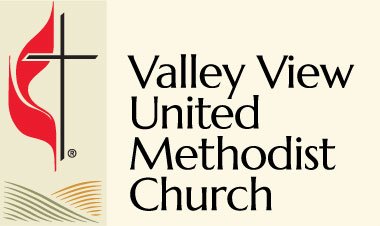We Have Liturgy for That
Every once in a while, I find it useful to look back through some of the reference books that I have. A flip through a theological dictionary can spark an idea for a newsletter article or a sermon. A glance at the synoptic gospel comparisons can help connect the parables to each other across scripture and across our lives. And a search in the United Methodist Book of Worship can prove informative. In this case, I was searching for the wording for the Blessing of the Animals. This isn’t some high holy day, but it is included in occasional services, it is supposed to be done annually, and it does look back at the work of Francis of Assisi. You may be wondering why this name sounds familiar- apparently Francis did quite a lot in his lifetime and had a huge impact on things we still do today.
First, Francis is at fault for me falling off a ladder, having my hair chewed by a camel, and for some of my fondest Christmas memories. You see, Francis is credited with having put on the first live nativity scene. His motives feel clear, but like most history, there is an element to guessing here without primary sources. His goal was to tell people about the birth of Jesus. To introduce them to Christ. And I’d like to think it does a pretty good job still today. If you’ve never heard of Jesus, you’d be likely to stop and look at a spectacle of a live nativity scene. Or maybe it’ll just be a reminder to you of the gift that God gave us in Jesus Christ. And there is a ton of liturgy for Christmas which helps us as a church have a “script” for celebrating the birth of Christ.
Small aside, what is liturgy? That’s s a good question. I usually think of it as the written rites and rituals of the church, but that’s not quite it. Its root word has to do with public work. In the original Greek it was a public work of the church. That has morphed over time to be anything done as the body of the congregation- which usually means worship but could also be acts of service or other ministries. Things like prayers, collects, call and response, calls to worship, responses to the word, and many other things are considered to be part of the church’s modern liturgy. Even the Creeds are a part of the liturgy. But, back to Francis.
Francis is also well known for a prayer. I’ve included it at the conclusion of this article. He was a man who had lived a life of wealth and ease before coming to know Christ and lived fully into the vows of poverty, chastity, and obedience. (At least as far as historians know.) Part of the reason that he lived into these vows has to do with his strong desire to preach the gospel to the world around him- including to the non-humans. Francis became the patron saint of animals. Why? Well, it all has to do with a story told about him convincing a wolf to stop attacking a town if they fed it. But this was a larger reflection of his theology regarding creation. He wondered how he could claim to be imitating Christ if he did not show respect and love to all of creation. This theology that he carried was something he attempted to embody at all times. He’s well known for a favorite quote of mine “preach the gospel at all times and if necessary, use words”. By seeing God in all of creation, Francis was able to preach the gospel in ways that were simple and impactful for the people of his time.
Why does any of this matter? Because we have liturgy for that. The congregation has things written, suggested, or otherwise promoted that we too should be participating in the building of the kingdom. And sometimes it uses words- like those found in the hymnal or in a book of prayers. But so often it is in our actions that we are best able to live out the call Christ has put into each of our lives. And I should note they are different calls for different people, but all still toward Christ. I hope you’ll join me in the next few weeks as we continue to reconcile and heal as a congregation in the prayer of Francis of Assisi:
Lord, make me an instrument of your peace: where there is hatred, let me sow love; where there is injury, pardon; where there is doubt, faith; where there is despair, hope; where there is darkness, light; where there is sadness, joy.
For more information or to read my primary source, click here.
